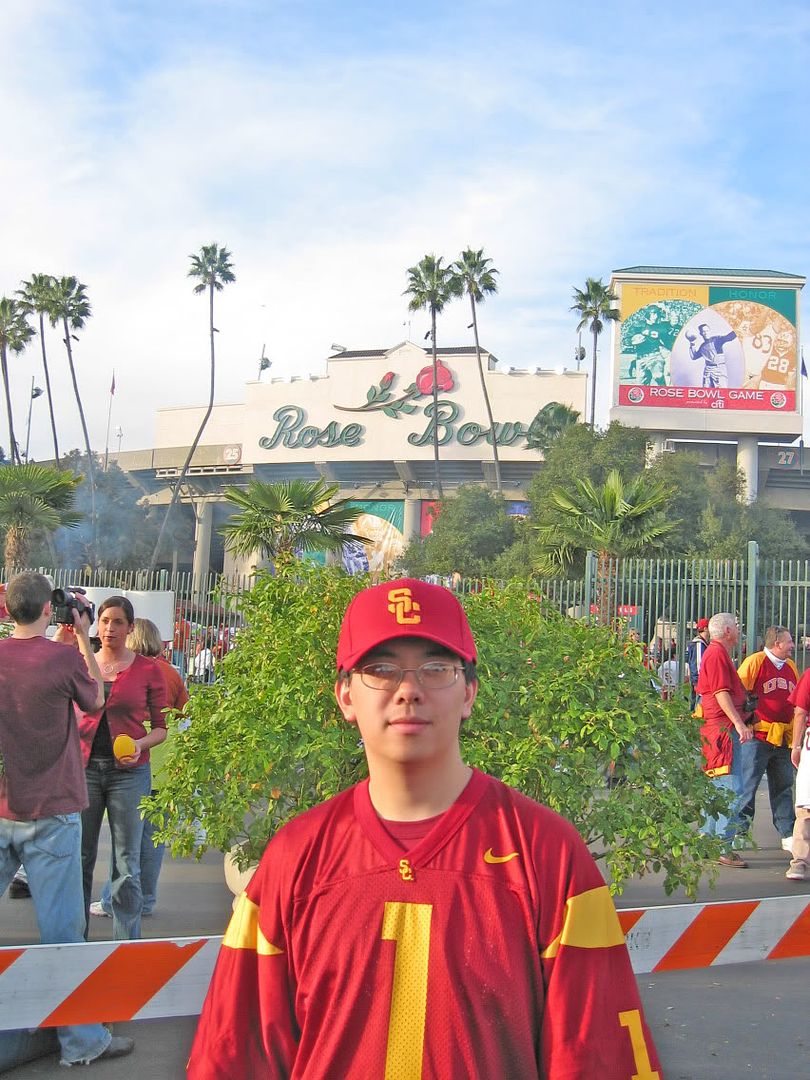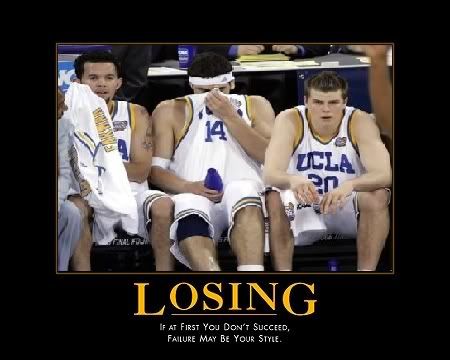For this week I decided to read Throwing Google at the Book by Farhad Manjoo in The Best of Technology Writing. I won't rehash too many of the details since quite a few people did so last week, but I wanted to read it and then respond it after having actually read it. First, however, I was rather surprised when I read that there is no government tracking of granted copyrights. I intend to focus on an intellectual property concentration in law school, and then hopefully find a job in that field. While my internship last summer mostly dealt with patents from various engineering sources, I know copyrights are a part of intellectual property and it is rather strange that copyrights are so loosely dealt with. The Patent and Trademark Office has guidelines, protocols to follow, and personally reviews each patent application. To read that copyrights are merely granted and then not tracked, cataloged, or even remembered in many cases seems rather odd to me. Then again, that's the government for you.
Anyways, on to the article itself. My first impression last week, without having read the article, was that while Google Print, now Google Book, should be allowed to continue in essentially the same manner as it has been. I did, however, have some sympathy for the publishers (okay, less for them) and the authors (more for them, except for the rich and famous in their ranks). However, after having read the article, I no longer feel any sympathy for them in their legal fight against Google. The facts are what the facts are. Books before 1923 have no copyright protection and the vast majority published after 1923 are either no longer in print or have dead authors/publishing companies owning the copyright to them. Furthermore, only 1.2 million different book titles sold in 2004 with 2% of these selling more than 5,000 copies. Unlike the music battles mentioned later in the article, it seems clear to me that Google scanning books, and then allowing users to search them with a small excerpt being available to users, can only help the vast majority of authors in selling their books (or perhaps even creating a demand for the republication of an out of print book). J. K. Rowling, Stephen King, or John Grisham aren't going to have any problems selling their books or getting knowledge of their titles out into the public view. These types of authors, however, do not comprise the majority or even a significant portion of the authors in the world.
While it will be interesting to see the legal decisions and future legislation on the topic, I believe this battle is simply the age old fight between the ideas and concepts that are familiar, comfortable, and in our past and present versus the ideas and concepts that stretch out into unknown territory, have loosely defined borders or none at all, and are helping to shape our future. It may take some time, but I believe that in the end, the future will conquer the past and Google, Yahoo, Amazon and others will win the right to scan the literary history of the planet and make it accessible to to us with a click or two.
Subscribe to:
Post Comments (Atom)


No comments:
Post a Comment